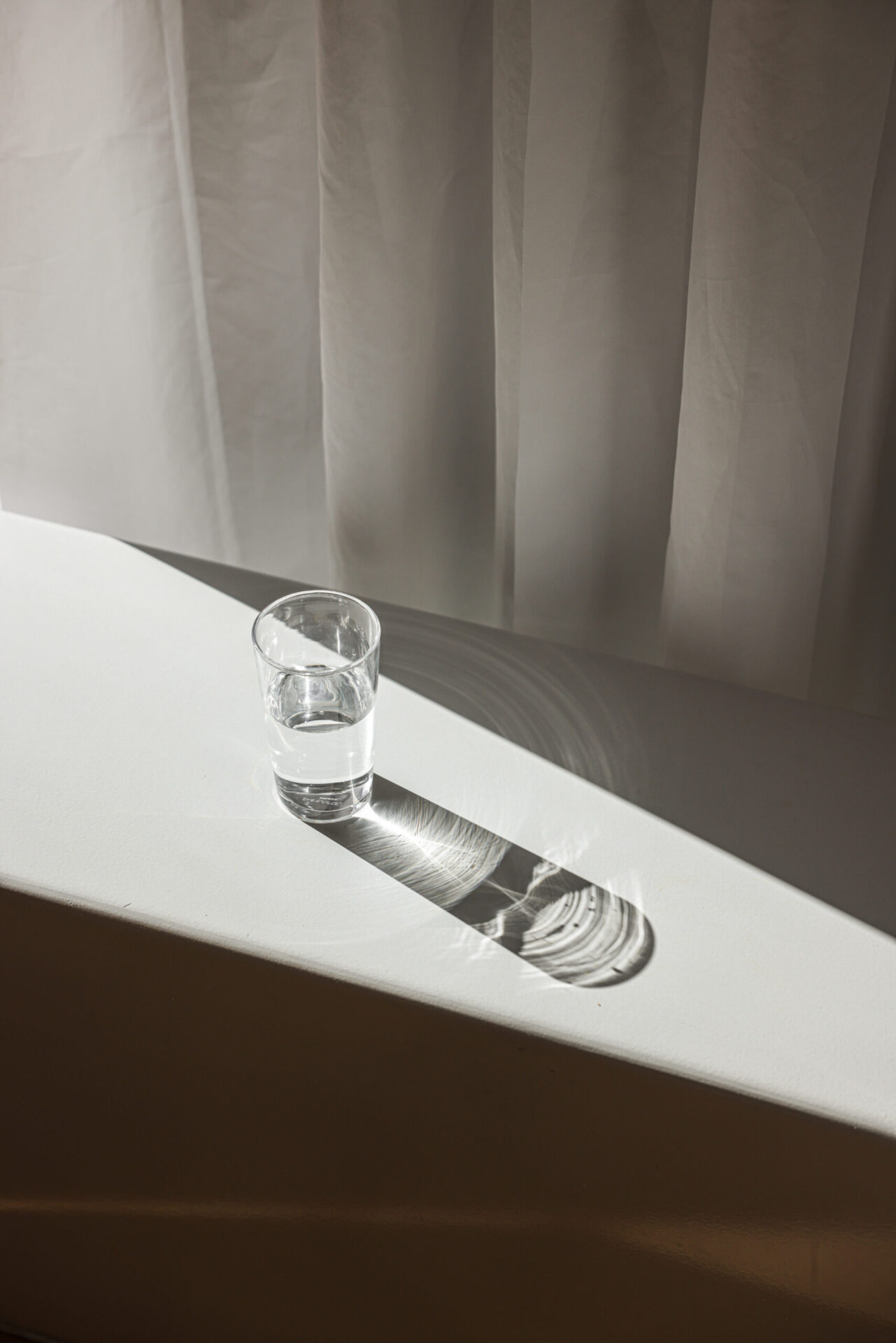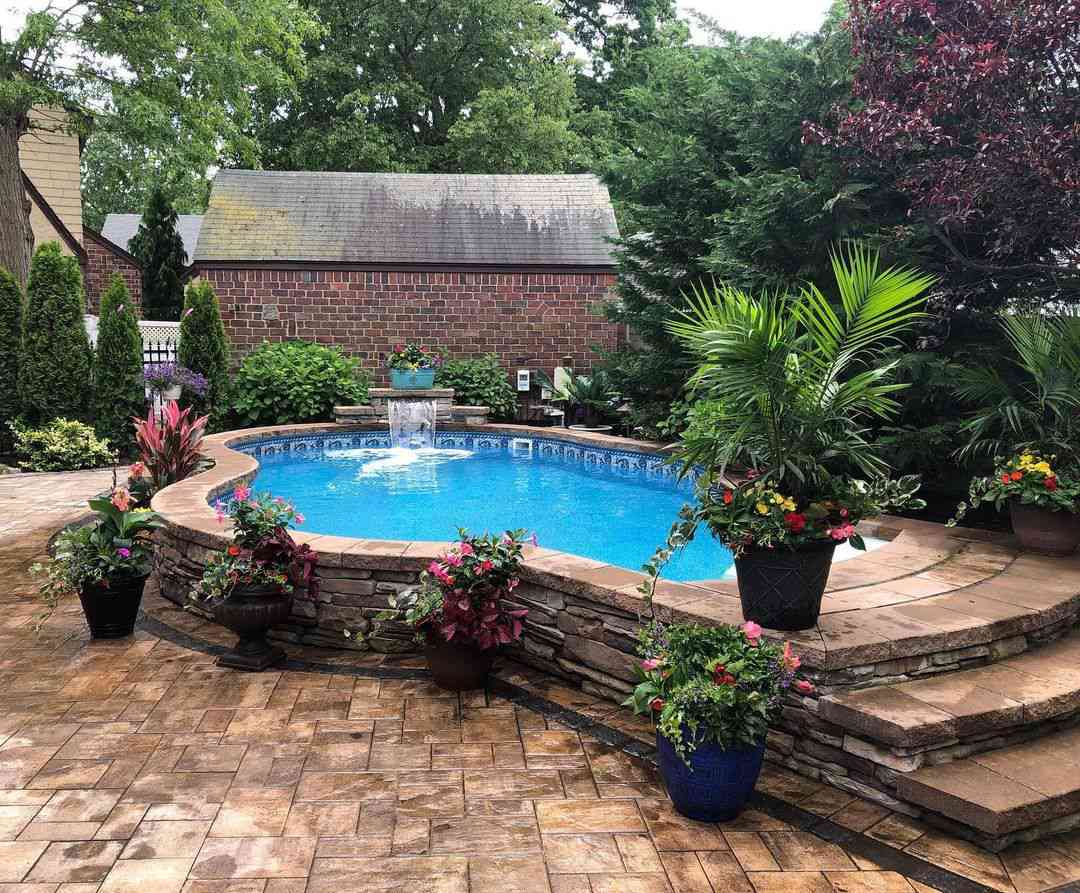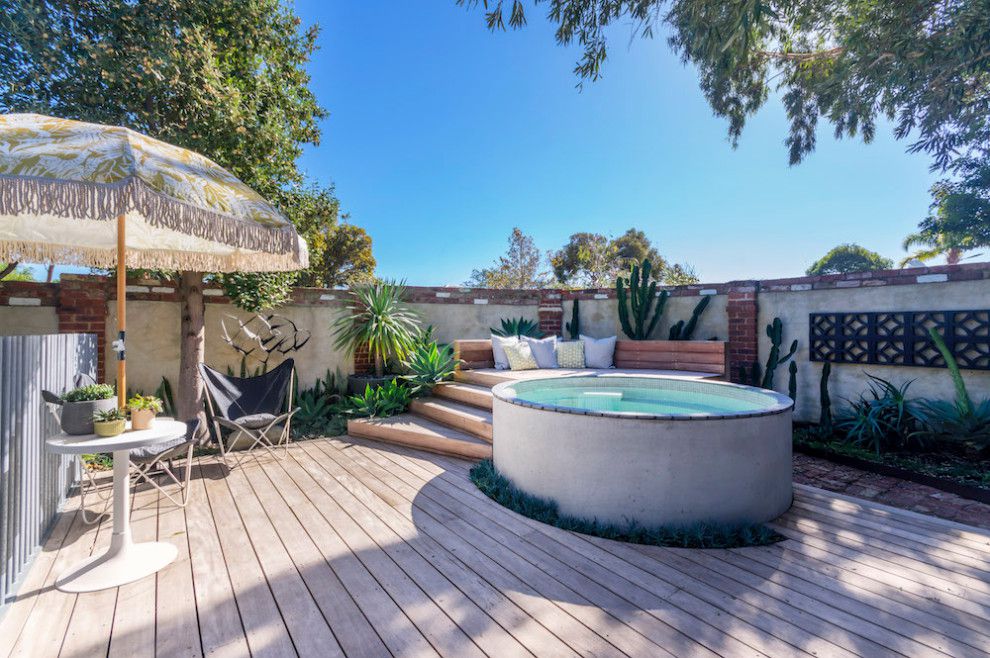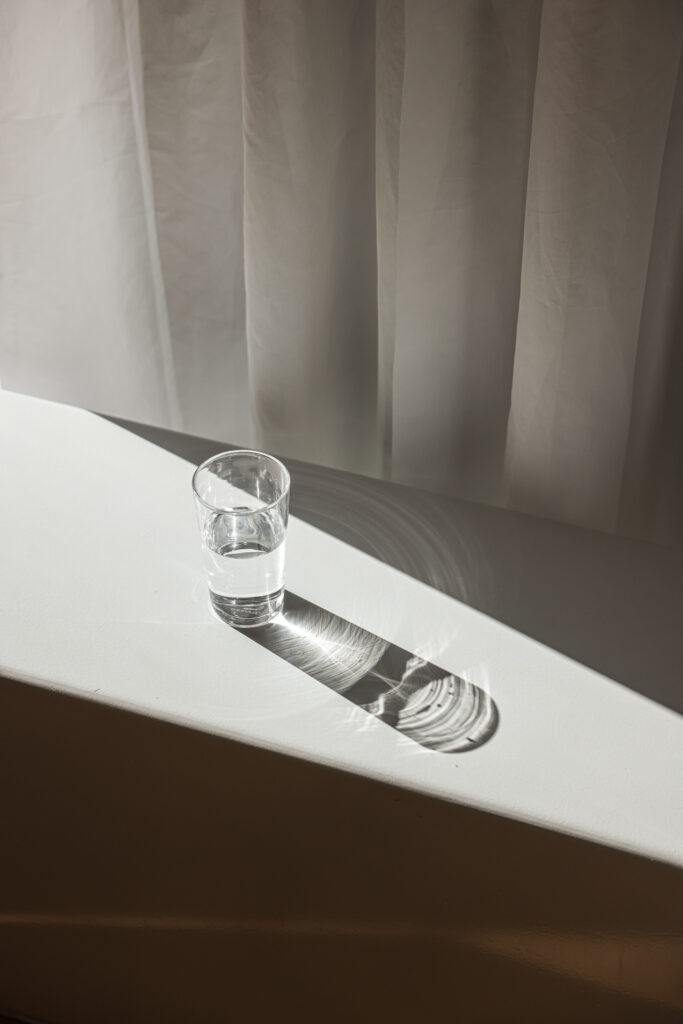Are you tired of spending a fortune on your pool maintenance? If so, you’ve likely wondered whether liquid chlorine or tablets are the more cost-effective option. In this article, we will explore the financial implications of using liquid chlorine versus tablets, helping you make an informed decision on how to save those hard-earned dollars while keeping your pool crystal clear. Get ready to take the plunge into the world of pool maintenance economy!
This image is property of images.pexels.com.
Overview
When it comes to maintaining a clean and healthy swimming pool, one of the most important factors to consider is the type of chlorine you use. Liquid chlorine and chlorine tablets are two popular options for pool owners. In this article, we will explore the characteristics, pros, and cons of each type, as well as provide a cost comparison, discuss effectiveness and efficiency, storage and handling requirements, environmental impact, and personal preferences. By the end, you will have a comprehensive understanding of both options and be able to make an informed decision about which type of chlorine is best for you.
Liquid Chlorine
Liquid chlorine is a concentrated form of chlorine that is typically available in large containers. It is commonly used in commercial pools but can also be used in residential pools. This type of chlorine is a strong oxidizer and effectively sanitizes pool water.
Characteristics of liquid chlorine
Liquid chlorine has a high concentration of available chlorine, typically around 10-12%. This means that a smaller amount of liquid chlorine is needed to achieve the desired chlorine level in the pool compared to chlorine tablets. It is a fast-acting sanitizer and is effective at killing bacteria, viruses, and algae.
Pros of using liquid chlorine
One of the major advantages of using liquid chlorine is its fast-acting nature. It quickly raises the chlorine level in the pool, making it ideal for shock treatments or for maintaining a consistent chlorine level. Liquid chlorine is also easy to use, as it can be poured directly into the pool. Another benefit is that liquid chlorine is less likely to cause staining or cloudiness in the water compared to other forms of chlorine.
Cons of using liquid chlorine
One drawback of using liquid chlorine is that it has a relatively short shelf life. It can lose its effectiveness over time if not stored and handled properly. Additionally, liquid chlorine is more expensive compared to chlorine tablets. Another consideration is that liquid chlorine needs to be stored and handled with care, as it is a strong chemical that can be hazardous if not used correctly.
Chlorine Tablets
Chlorine tablets, also known as pool tablets or pucks, are a popular form of chlorine for swimming pools. These tablets slowly dissolve in the water and provide a steady release of chlorine.
Characteristics of chlorine tablets
Chlorine tablets typically contain a lower concentration of available chlorine, usually around 90%. This means that a larger quantity of tablets is needed to achieve the desired chlorine level in the pool compared to liquid chlorine. The tablets are designed to dissolve slowly, providing a constant and consistent release of chlorine over time.
Pros of using chlorine tablets
One of the main advantages of using chlorine tablets is their convenience. They are easy to use and can be placed in a floating dispenser or a skimmer basket. The slow-release nature of the tablets allows for continuous chlorination, reducing the need for frequent maintenance. Chlorine tablets also have a longer shelf life compared to liquid chlorine, making them a more stable option.
Cons of using chlorine tablets
Due to the slow-release nature of chlorine tablets, they may not be as effective at quickly raising the chlorine level in the pool, especially when shock treatments are needed. Chlorine tablets can also leave behind residue or scale in the pool, leading to potential staining or cloudiness. Additionally, some chlorine tablets contain additional chemicals, such as stabilizers, which can affect the overall water balance.
Cost Analysis
When considering the cost of liquid chlorine versus chlorine tablets, there are a few factors to consider.
Initial cost comparison
Liquid chlorine often has a lower upfront cost compared to chlorine tablets. The price per gallon for liquid chlorine is typically less than the cost of a bucket of chlorine tablets. However, keep in mind that you may need to purchase additional equipment, such as a pump or dispenser, for using liquid chlorine efficiently.
Long-term cost comparison
While liquid chlorine may have a lower initial cost, the long-term cost can be higher compared to chlorine tablets. This is because liquid chlorine needs to be added more frequently to maintain the desired chlorine levels, whereas chlorine tablets provide a slow-release and require less frequent maintenance.
Cost considerations
It’s important to factor in the cost of additional equipment, such as dispensers or pumps, when comparing the overall cost of using liquid chlorine versus chlorine tablets. Additionally, consider the potential for wasted product when using liquid chlorine, as spillage or overpouring can result in unnecessary expenses.
This image is property of images.pexels.com.
Effectiveness and Efficiency
Understanding the effectiveness and efficiency of liquid chlorine and chlorine tablets is crucial in maintaining a clean and safe swimming pool.
Effectiveness of liquid chlorine
Liquid chlorine is highly effective at killing harmful bacteria, viruses, and algae in pool water. Its fast-acting nature allows for quick sanitization and shock treatments. However, the concentration of available chlorine in liquid chlorine may decrease more rapidly compared to chlorine tablets, especially in outdoor pools exposed to sunlight.
Effectiveness of chlorine tablets
Chlorine tablets provide a steady release of chlorine, ensuring consistent sanitization of pool water. However, their slow-release nature may make them less effective at quickly raising the chlorine level if a shock treatment is needed. It’s important to consider the specific needs of your pool and adjust the dosage of chlorine tablets accordingly.
Efficiency of liquid chlorine
Liquid chlorine is efficient in terms of quick and effective sanitization. It is particularly efficient for shock treatments or maintaining a consistent chlorine level in the pool. However, it requires more frequent addition compared to chlorine tablets, which may result in additional time and effort spent on pool maintenance.
Efficiency of chlorine tablets
Chlorine tablets are efficient in terms of reducing the frequency of chlorine additions. Once placed in a dispenser or skimmer basket, they slowly dissolve and provide a continuous release of chlorine. This can save time and effort in maintaining chlorine levels. However, keep in mind the need to monitor and adjust the dosage of chlorine tablets as necessary.
Storage and Handling
Proper storage and handling of chlorine are essential for ensuring safety and maintaining its effectiveness.
Storage requirements for liquid chlorine
Liquid chlorine should be stored in a cool, dry, and well-ventilated area away from direct sunlight. It should be kept out of reach of children and pets. Be sure to follow the manufacturer’s instructions for proper storage and disposal.
Storage requirements for chlorine tablets
Chlorine tablets should be stored in a cool, dry place in a tightly sealed container. Exposure to moisture or humidity can cause the tablets to break down prematurely. Like liquid chlorine, keep chlorine tablets out of reach of children and pets.
Safety precautions for liquid chlorine
When handling liquid chlorine, it is important to wear protective gloves and goggles to prevent skin and eye irritation. Avoid mixing liquid chlorine with other chemicals, as it can result in dangerous reactions. Be sure to carefully follow the manufacturer’s instructions for safe handling and use.
Safety precautions for chlorine tablets
Chlorine tablets should be handled with gloves or tongs to avoid direct contact with the skin. Avoid inhaling the fumes produced by chlorine tablets and keep them away from open flames or heat sources. Always follow the manufacturer’s instructions for safe handling and use.
This image is property of images.pexels.com.
Environmental Impact
Considering the environmental impact of chlorine products is important for those seeking eco-friendly options for pool sanitation.
Impact of liquid chlorine on the environment
Liquid chlorine can have a negative impact on the environment if not properly handled or disposed of. The chlorine can leach into soil or water bodies, potentially harming aquatic life. It is important to follow local regulations and guidelines for the safe disposal of liquid chlorine.
Impact of chlorine tablets on the environment
Chlorine tablets can also have environmental implications if not properly used or disposed of. The slow-release nature of these tablets means that they can release chlorine into the environment over an extended period. Proper disposal and adherence to local guidelines are essential to minimize their impact on the environment.
Eco-friendly alternatives
For those looking for more eco-friendly alternatives, there are options available. Saltwater pools, for example, use a salt chlorinator to convert salt into chlorine, reducing the need for traditional chlorination agents. Additionally, there are non-chlorine pool sanitizers such as bromine and hydrogen peroxide that can be used as alternatives.
Personal Preference
Ultimately, personal preferences play an important role in selecting the right type of chlorine for your pool.
Convenience and ease of use
Liquid chlorine is easy to use, as it can be poured directly into the pool. Chlorine tablets provide convenience with their slow-release nature, reducing the frequency of chlorine additions. Consider your preference for ease of use when making a decision.
Odor
Liquid chlorine can have a distinct odor that some find unpleasant. Chlorine tablets, on the other hand, generally have a milder odor. If odor is a concern, take this into consideration when choosing between the two options.
Other factors to consider
Other factors to consider include personal experience, familiarity with the product, and specific pool requirements. It can be helpful to talk to pool professionals or consult with other pool owners to gather insights and determine what may work best for you.
Conclusion
In conclusion, the choice between liquid chlorine and chlorine tablets ultimately depends on your specific needs and preferences. Liquid chlorine offers fast-acting sanitization, easy handling, and reduced chances of staining, but requires more frequent additions and careful storage. Chlorine tablets provide a steady release of chlorine, convenience, and longer shelf life, but may not be as effective for shock treatments and can leave behind residue. Consider factors such as cost, effectiveness, efficiency, storage requirements, safety precautions, environmental impact, and personal preferences when making your decision. With proper understanding and consideration, you can ensure a clean and well-maintained swimming pool for your enjoyment.







